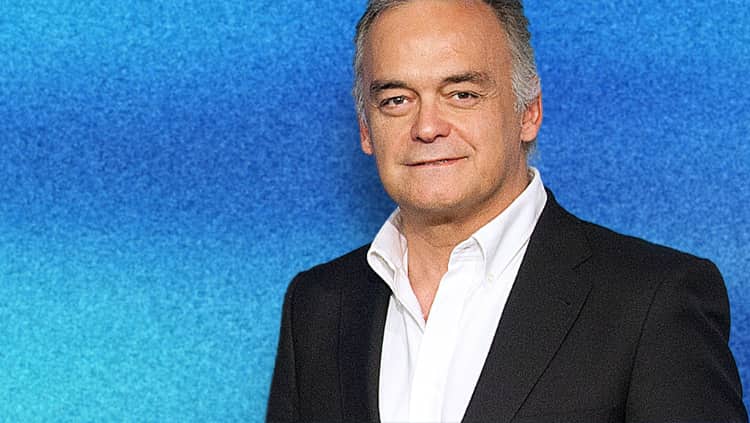Luis Ayllón
The People’s Party (PP) is preparing its foreign policy programme for the next general elections with the advice of a group of experienced diplomats and experts on European issues, under the coordination of the deputy secretary general in charge of Institutional Affairs, Esteban González Pons.
González Pons, seconded by the party’s Secretary for International Affairs, Gabriel Mato, has been holding meetings in recent weeks with diplomats who have held positions of responsibility in previous PP governments, and also with other people linked to a greater or lesser extent to the party, to find out their opinions on different issues related to Spain’s position in the international sphere.
Thus, as The Diplomat learned from reliable sources, among the people consulted are the former Secretary of State for the EU Íñigo Méndez de Vigo, the former Secretaries of State for Foreign Affairs Ildefonso Castro and Ramón Gil-Casares, the latter also being the director of the Department of International Affairs at Moncloa, under José María Aznar; former permanent representative to NATO Nicolás Pascual de la Parte; former permanent representative to the European Union -both under Mariano Rajoy and Pedro Sánchez- Pablo García-Berdoy; former ambassador to the United States and the OTA, Javier Rupérez; and Jean Monnet professor and secretary general of the Aspen Institute Spain, José María de Areilza Carvajal.
Although foreign policy issues are not usually a key issue in election campaigns, the PP is aware that some voters may take into account the role that Spain can play within the European Union, its position on the war in Ukraine and other issues of a more bilateral nature such as the relationship with Morocco and Algeria or the future of Gibraltar.
The sources consulted by The Diplomat indicated that the president of the PP, Alberto Núñez Feijóo, is keeping abreast of these meetings, while he has intensified his contacts with the ambassadors of some countries that are important for Spanish foreign policy, such as the United States, the United Kingdom, France and Argentina; Or countries that are currently in important situations in international politics, such as Ukraine, Finland and Sweden, the latter two awaiting NATO membership and, in the case of Sweden, holding the rotating presidency of the European Council during this six-month period.







